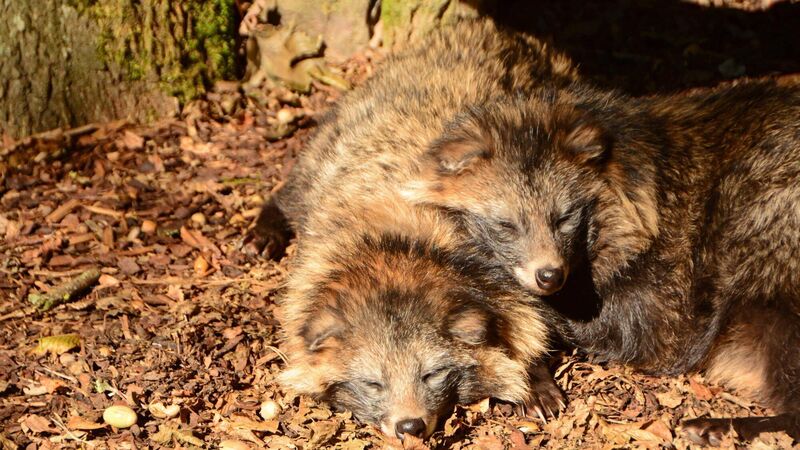China set to publish data linking raccoon dogs to origins of covid

It has been suspected before that animals such as raccoon dogs were being illegally sold at the seafood market in Wuhan.
Chinese health authorities are expected to publish data which could link raccoon dogs sold at a seafood market to the origins of covid-19.
On Saturday the World Health Organization said presentations by the China Centre for Disease Control and Prevention (China CDC), along with international researchers, indicated there is new data from the Huanan Seafood Market in Wuhan.










